OP-ED
On this World Aids Day, do the right thing – save the TAC, save lives
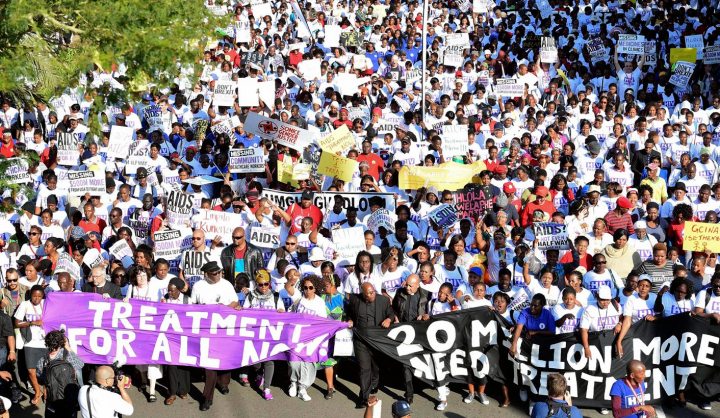
Saving the Treatment Action Campaign is vital for the next phase of the struggle to fix the public healthcare system, argues Anele Yawa.
I joined the Treatment Action Campaign (TAC) two decades ago in 2002. The organisation was four years old at the time. Back then there were no branches in Uitenhage. Perhaps as a result, it may be more accurate to say that I was one of the co-founders in the area. I joined because the HIV pandemic was ravaging my community. KwaNobuhle, in this sense, was no different from many other communities across the country. According to official statistics, more than 800,000 people died in South Africa from 1997 until 2002 from Aids-related illnesses, and 13% of these deaths occurred in communities in the Eastern Cape.
Since then the TAC has had many highs and lows that coincide with the country’s quest to fulfil the constitutional promise of quality healthcare for all. Like other social and political movements that have shaped post-apartheid South Africa, it may be argued that the TAC is a victim of its own success. In galvanising a groundswell of support across the world in one of our key campaigns, we have suffered the ignominy of having our place in history cemented in a time and place, when the truth is that our work has continued and continues at incredible levels.
In our context, people rightfully acknowledge the role of the organisation as well as that of our vital partners in fighting against Aids denialism as well as for access to antiretrovirals (ARVs). Today South Africa has the largest treatment programme in the world, with 5.5 million people currently on ARV treatment. Countless lives have been prolonged, and research has shown us that people living with HIV (PLHIV) live long, healthy lives, with a similar life expectancy as HIV-negative people provided they are diagnosed early and have consistent access to treatment. This is in distinction from the Mbeki years, during which Harvard University estimated that more than 330,000 lives were lost to Aids-related illnesses.
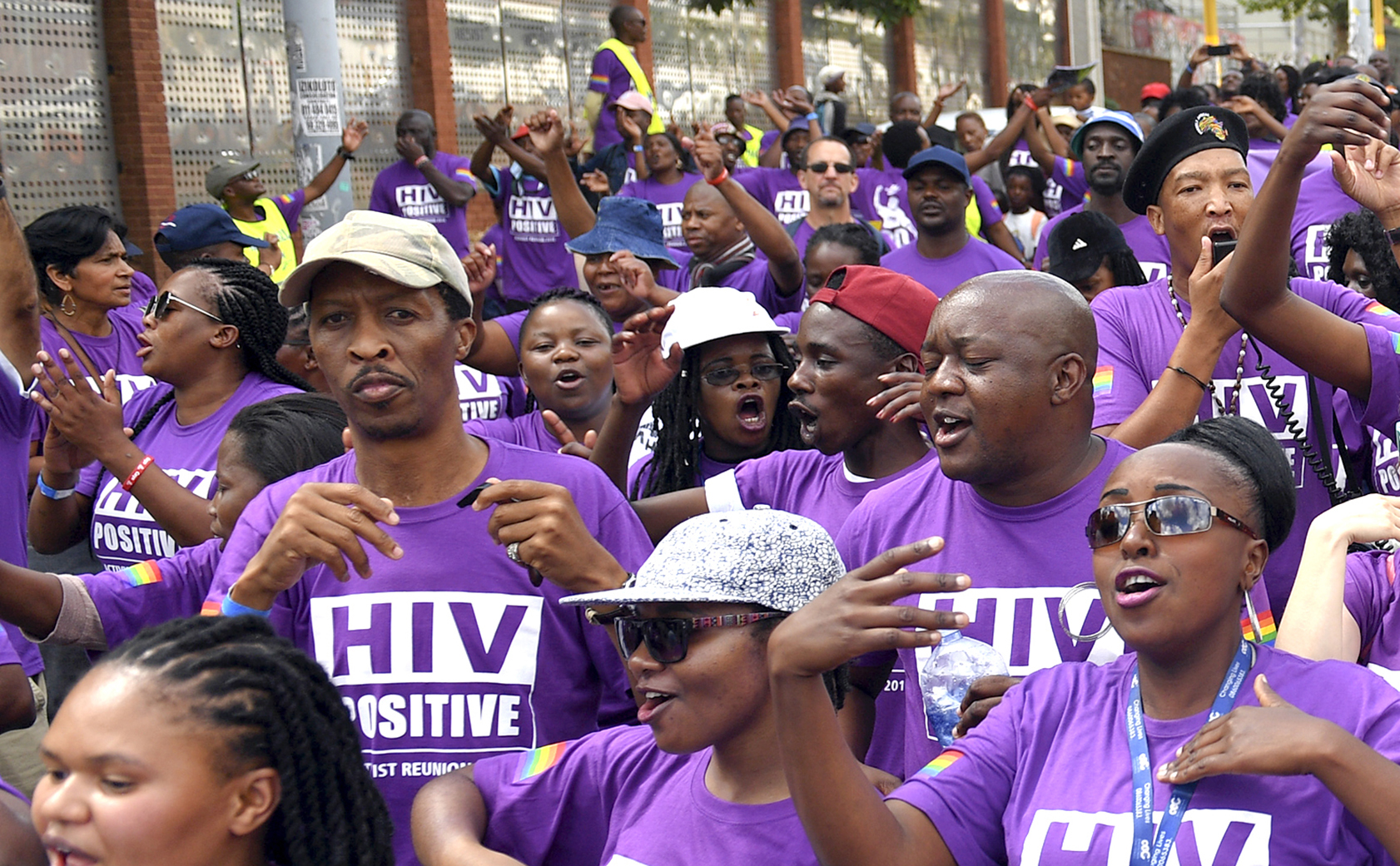
Members and supporters of the TAC march to the Constitutional Court to thank it for what it has done for people living with HIV. (Photo: Gallo Images / Netwerk24 / Felix Dlangamandla)
While our fight, which culminated in crucial Constitutional Court victories that largely extinguished the fire of denialism, it still simmers today. Just in September 2022, Thabo Mbeki, the country’s second democratically elected president and Denialist-in-Chief, reiterated his denialist views in a lecture at Unisa. This has rightly been criticised by many actors, including the South African Medical Research Council, the TAC, SECTION27 and the Progressive Health Forum.
Read in Daily Maverick: “Treatment Action Campaign admonishes Thabo Mbeki over HIV views following speech”
Similarly, while less visible than in the days of Matthias Rath and others, quacks still exist today, with misinformation and disinformation as their weapons of choice. They claim they can cure HIV, Covid-19, cancer and other illnesses, among other things. While peripheral, this is why the battle to align complementary medicines between the minister of health, Sahpra and the Alliance of Natural Health Products in South Africa is so important and why we keep actively following it.
The TAC today
Since I became general secretary of TAC in 2014 we have continued to experience these highs and lows. For instance, the TAC is going through a period of financial difficulty. We have a deficit of R3-million for the 2022/23 financial year, which amounts to 10% of our budget.
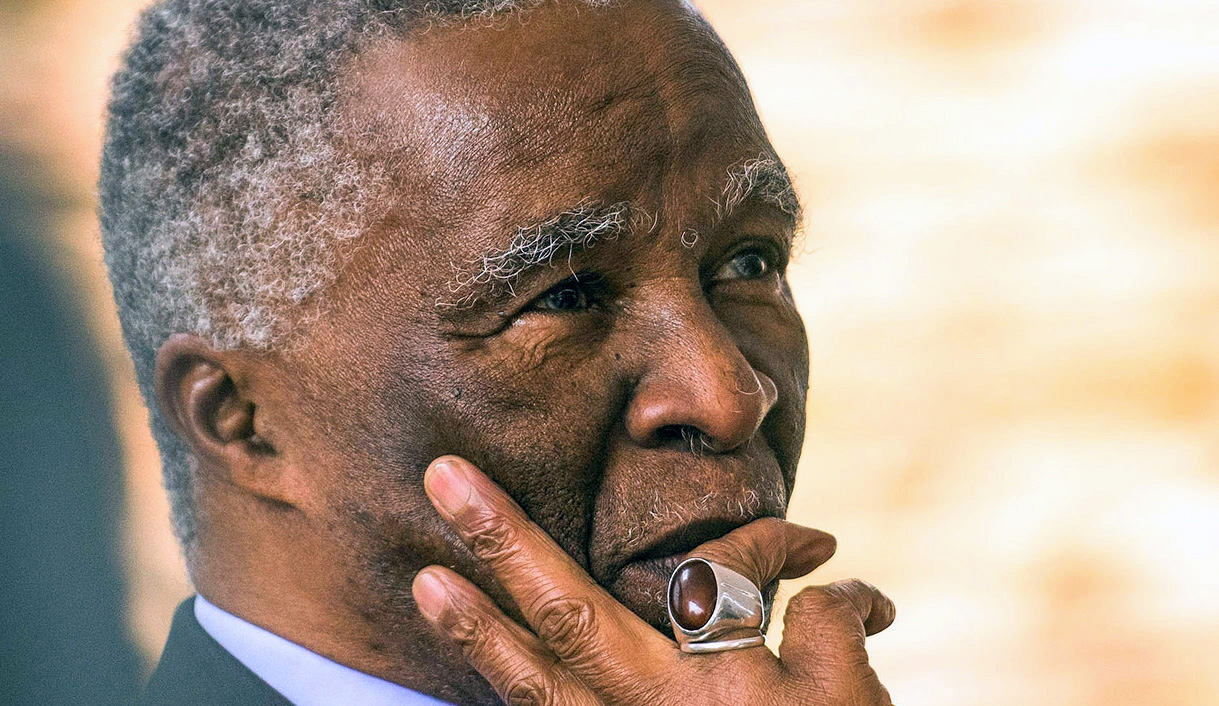
Just in September 2022, Thabo Mbeki, the country’s second democratically elected president and Denialist-in-Chief, reiterated his denialist views. (Photo: Gallo Images / Beeld / Alet Pretorius)
This is happening despite having distinguished ourselves as the eyes and ears of public healthcare users and holding duty bearers to account on many health issues. Sadly, we are not alone in facing these constraints in civil society. Other organisations that also do crucial work are going through similar circumstances. One which fights for broader human rights and against important violations based on nationality and belonging is suffering the same fate. Their work highlighting statelessness and the rights of asylum seekers and refugees is world leading. Another working on issues of access to basic education has also suffered from funding constraints. Their work on access to quality infrastructure and healthy and adequate food for pupils is stellar. This is the result of an exodus of traditional funders from the country. We are under no illusions that this will continue and a new way of raising funds and ensuring sustainable organisations is necessary for the future because without the work of organisations such as ours there will be a major setback to our democracy and to our fight for fundamental human rights.

Members of the TAC and partner organisations march to Parliament in Cape Town, demanding that the government do more to halt the spread of TB. (Photo: Gallo Images / The Times / Esa Alexander)
Admittedly this is not the first time we have asked the public to #saveTAC. Through public efforts in 2014, including the interventions of key people such as Graça Machel and Desmond Tutu, the TAC was saved. We were adamant then, as we are now, that Aids is not over and the TAC still had (and has) a pivotal role to play in our four key campaigns. These are monitoring the HIV and TB response; on health systems strengthening; on the fight for access to quality and affordable medicines; and building local, national and international activism.
Given space constraints, I will only focus on one current campaign per work area.
Health systems strengthening
The TAC has repaid the faith and the mandate handed to it by individual and organisational donors since the #SaveTAC campaign. Ritshidze, a TAC-administered project, for instance, systematically and continuously monitors more than 400 healthcare facilities across eight of the nine provinces. These sites, which account for almost half of all people living with HIV on treatment, are almost exclusively Pepfar-supported. It is the largest community-led monitoring project in the world. Affected communities of people living with HIV, TB survivors and Key Populations, among others, own it and importantly advocate for change regularly and directly to duty bearers. Since its launch in 2019, there have been marked improvements on multiple indicators, including but not limited to patient waiting times, facility staff numbers and staff attitudes. While these cannot be solely attributable to the work of Ritshidze and the TAC, we are certain that we have played a significant role in doing so.
Visit Daily Maverick’s home page for more news, analysis and investigations
Over the past two years, Key Populations – people who use drugs; sex workers; gay, bisexual and men who have sex with men and trans people – have monitored key population services in clinics, drop-in centres and communities. More than 8,000 KPs have been engaged using a snowball effect. Importantly, most of our monitoring is taking place in massively underserved areas in order to improve access to healthcare for all.
Read in Daily Maverick: “Healthcare not collapsing because of non-South Africans, but government corruption and looting – TAC”
Significant plans have been under way to radically increase the number of sites monitored to well more than 600 facilities by early 2023. This ambitious project to protect the gains of the past 24 years cannot be possible without significant resources, both human and financial.
A partially resourced TAC would not be able to achieve this.
HIV and TB response
The TAC’s financial woes occur at a time when the HIV/Aids response needs to be increased. In fact, Unaids recently re-evaluated the country’s targets, lowering the targets of those initiated and still on treatment to 5.7 million. As is, the country is nowhere near the 95-95-95 targets. It has been argued, quite rightly, that this is largely because Covid-19 and the scale of the response inimically affected the response to the other four major pandemics – HIV, TB and gender-based violence and femicide. Financial and human resources were redirected in the case of HIV and TB, and as a result TB testing and diagnosis declined by 50% and 33% respectively. According to former deputy director-general of health programmes for the national Department of Health Yogan Pillay et al, HIV testing decreased by 22.3%. We continue to see significant patients being lost to care because of bad staff attitudes, stockouts and shortages of medicines and other systemic issues and not enough being welcomed back to care.
The TAC is needed more than ever in this fight!
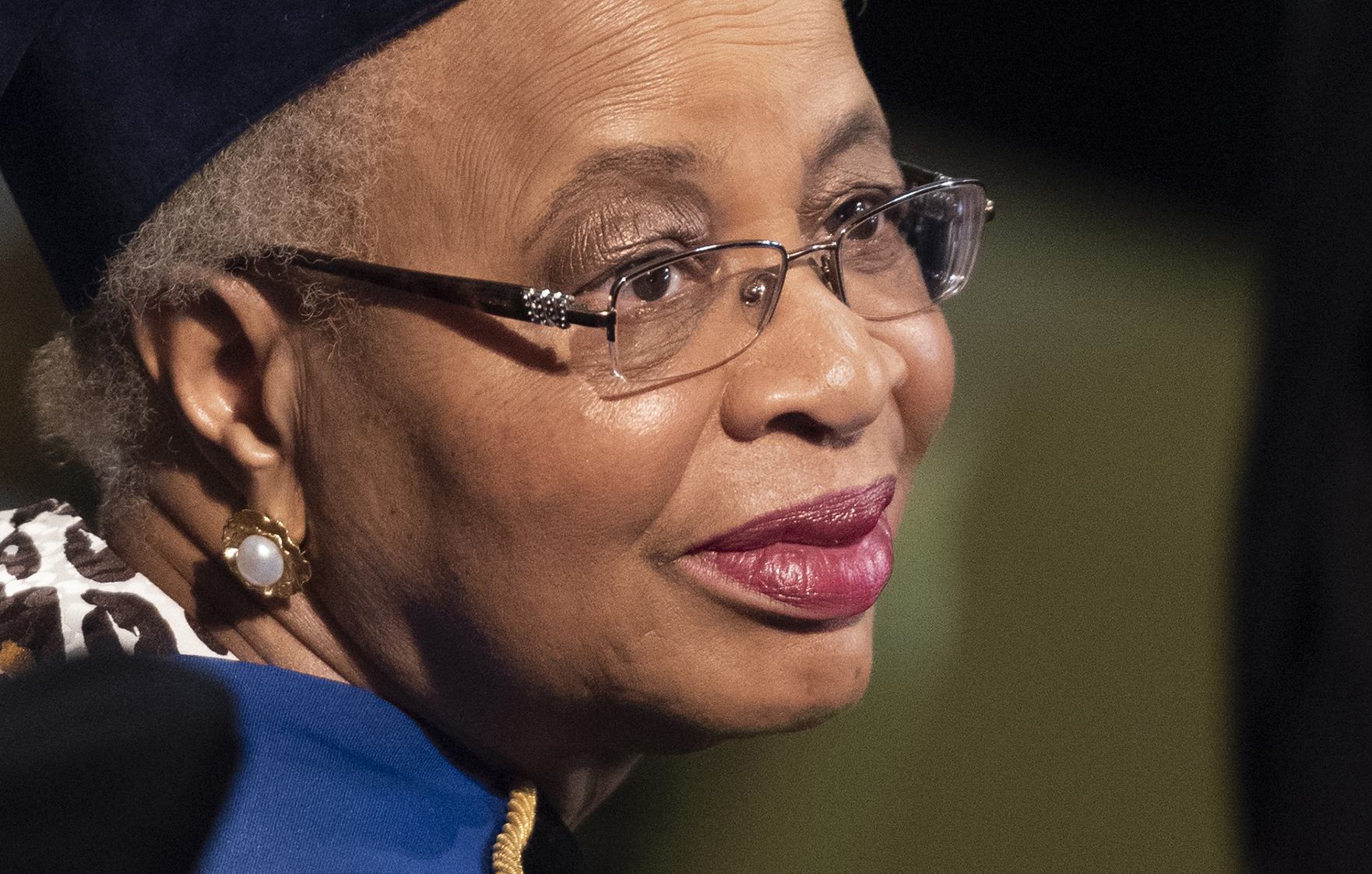
Graça Machel. (Photo: Gallo Images / Brenton Geach)
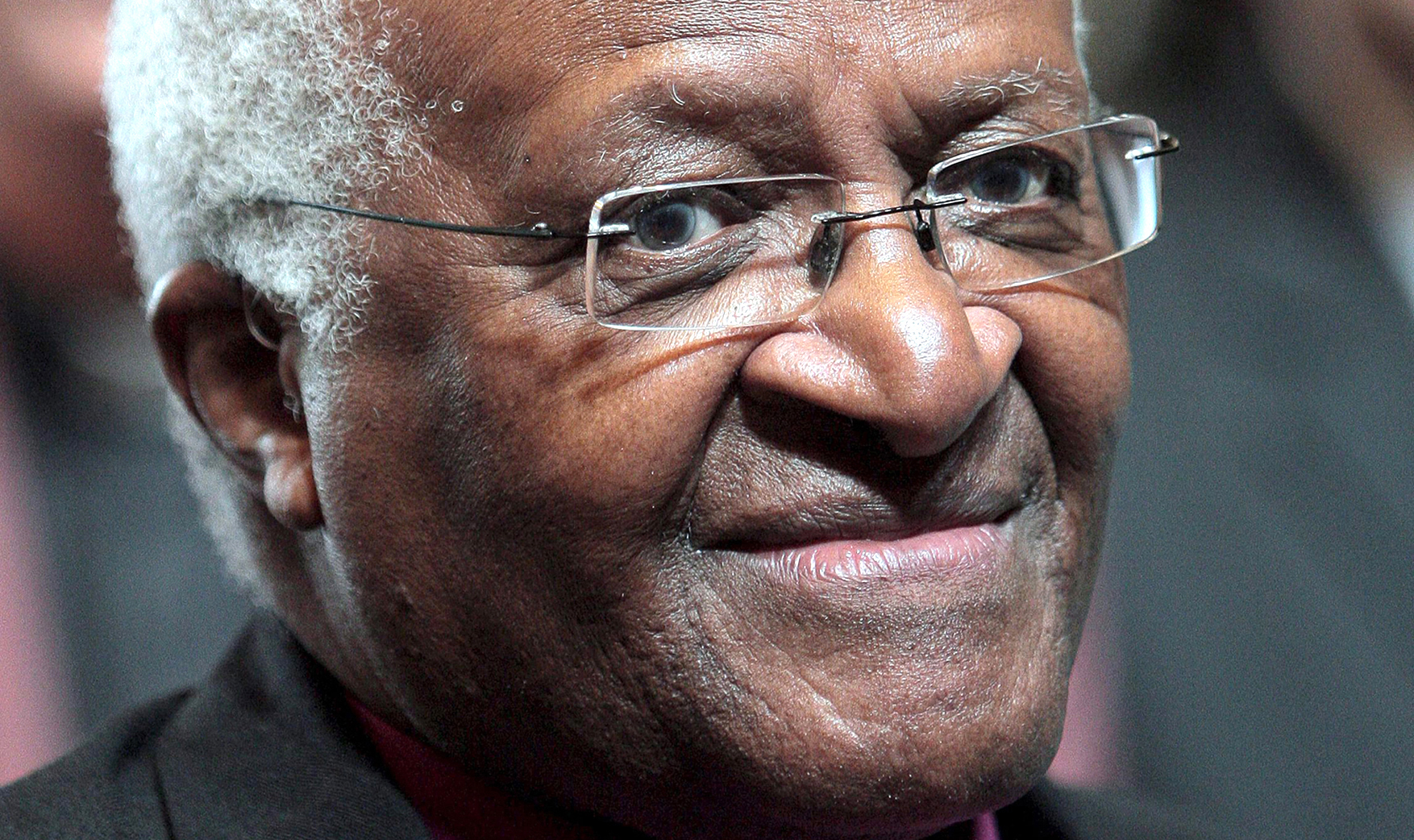
The late Archbishop Desmond Tutu. (Photo: EPA / Georg Hochmuth)
It is because of this that we decided to take part in the World Aids Day commemorations this year. While I have individually criticised past events as a “jamboree”, echoing our co-founder Mark Heywood’s sentiments in 2016, where politicians kiss babies and shake hands and others try to get closer to power, this World Aids Day needs all actors to come together. The TAC and other members of the National PLHIV Sector have been on the ground in the Free State. Our message is simple: to make every day World Aids Day. Through our partnership with the Free State health department and the provincial Aids Council, we have placed emphasis on bringing healthcare services to the people. Mobile clinics with services ranging from HIV testing, TB screening and testing, pap smears and access to sexual and reproductive health rights and treatment literacy have been made available to marginalised communities. Through our build-up activities and other engagements, we will advocate for lasting and quality services in these communities.
Building local, national and international activism
The TAC prides itself on being rooted in the community. We currently have more than 6,000 members in eight of the nine provinces. Almost all our members are poor, black and infected and/or affected by HIV. We unashamedly want to build a social movement that is reflective of our society, and hope to ensure that many, many more people join the organisation and are part of a groundswell of comrades advocating for change.
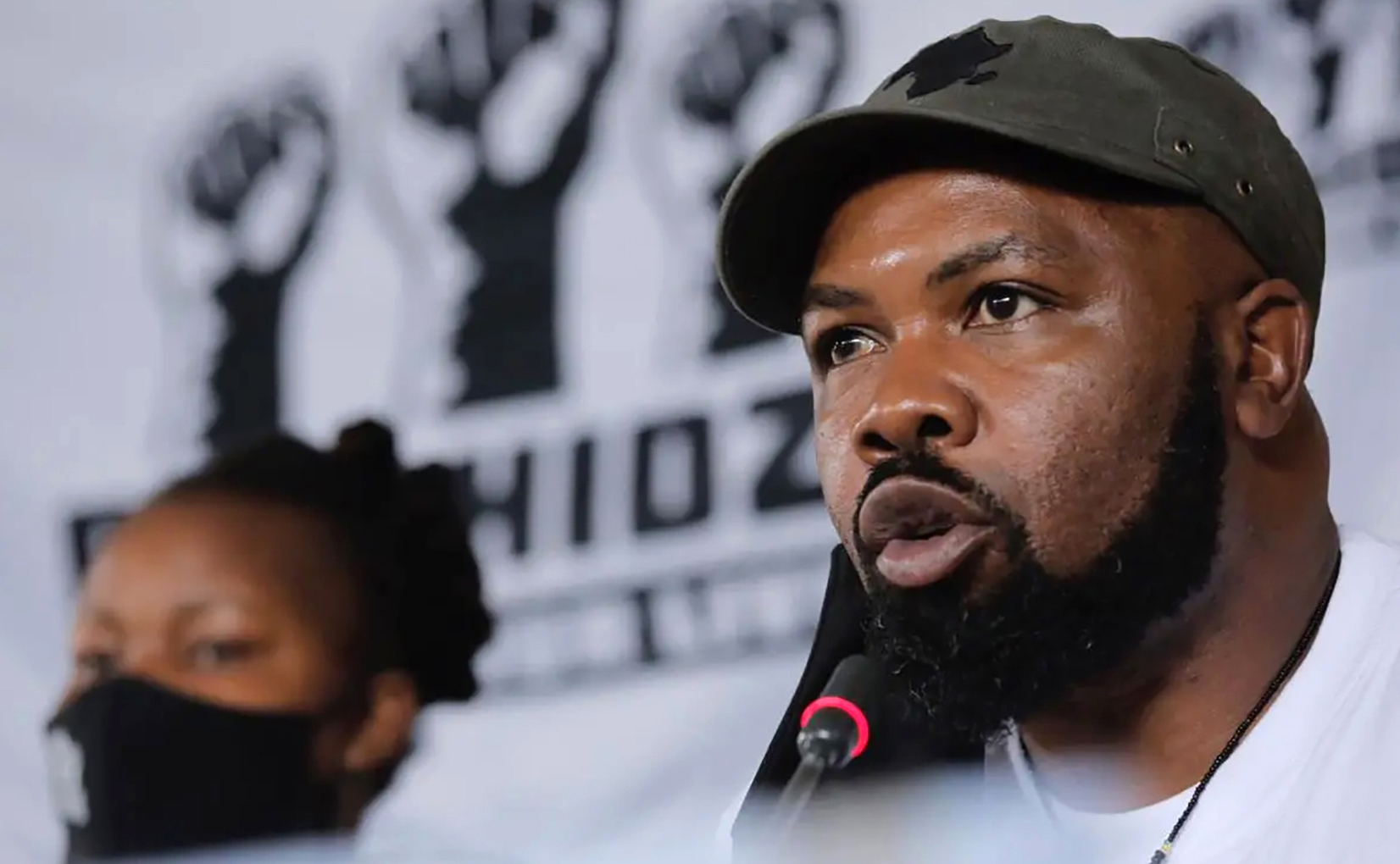
TAC general secretary Anele Yawa chairs a public hearing in Soweto organised by Ritshidze. (Photo: Ritshidze)
This cannot happen without a strong TAC. The next phase is to FIX THE BROKEN HEALTHCARE SYSTEM. But the TAC must be fully resourced to effect real change. Help us save the TAC and continue advocating for access to quality healthcare services by donating here! DM/MC
Anele Yawa is the current general secretary of the Treatment Action Campaign. He has previously served as a PR councillor in the Nelson Mandela Metro in the Eastern Cape.


















Comments - Please login in order to comment.